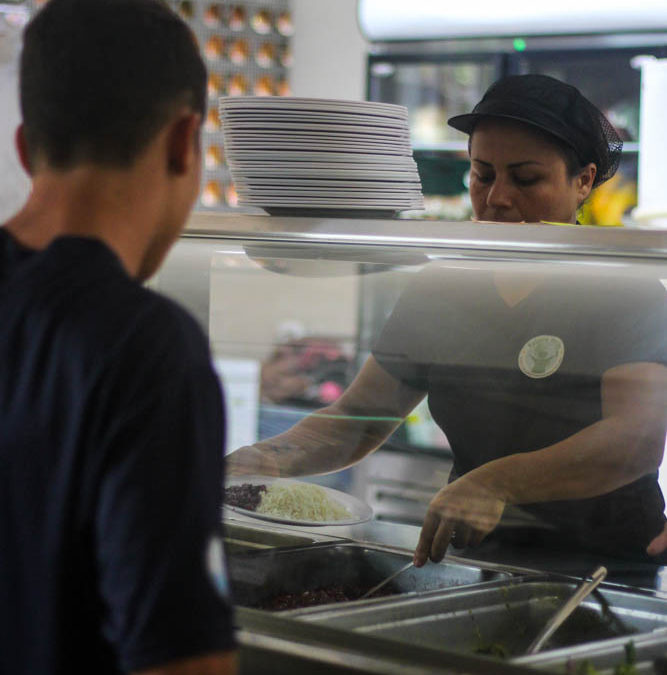
by Lural Ramirez | Aug 7, 2019
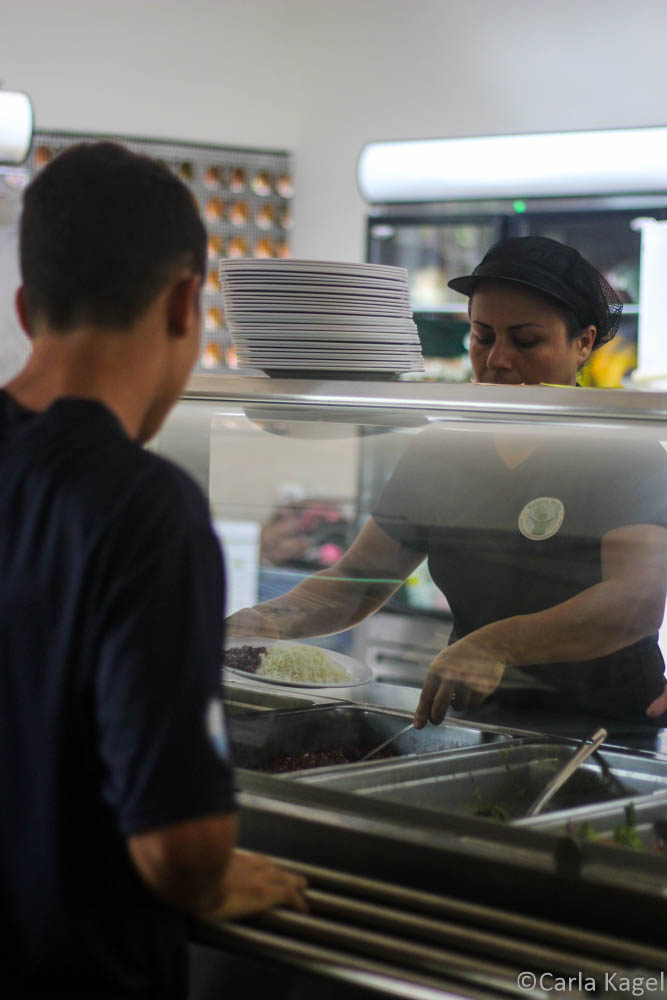
We are excited to announce that we are in the final stages of remodeling for our school kitchen! Over the mid-year school break, demolition of the old kitchen floor and walls took place and now the tile has been installed and our new electrical and gas are being finished. The challenges of remodeling existing buildings have been ongoing at Futuro Verde and we are thrilled that our kitchen updates will now allow our staff to provide even healthier and more diverse dining options each day!
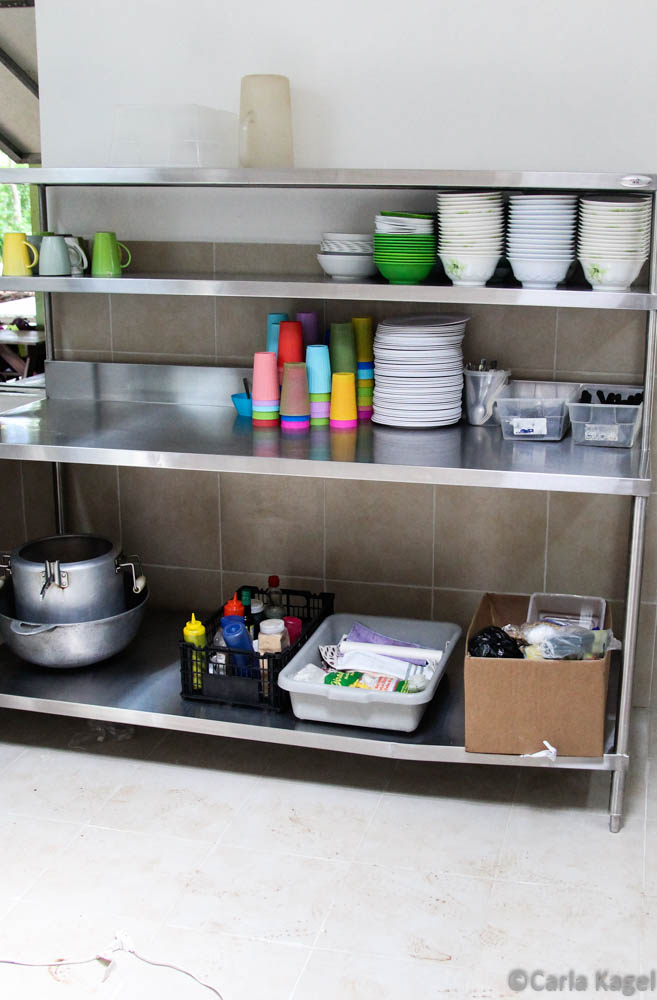
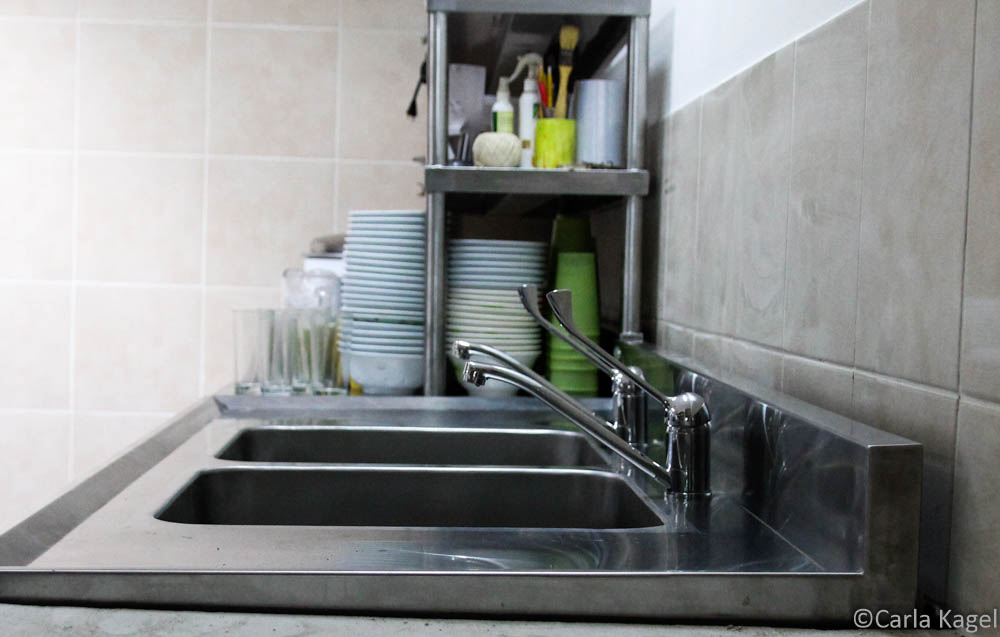
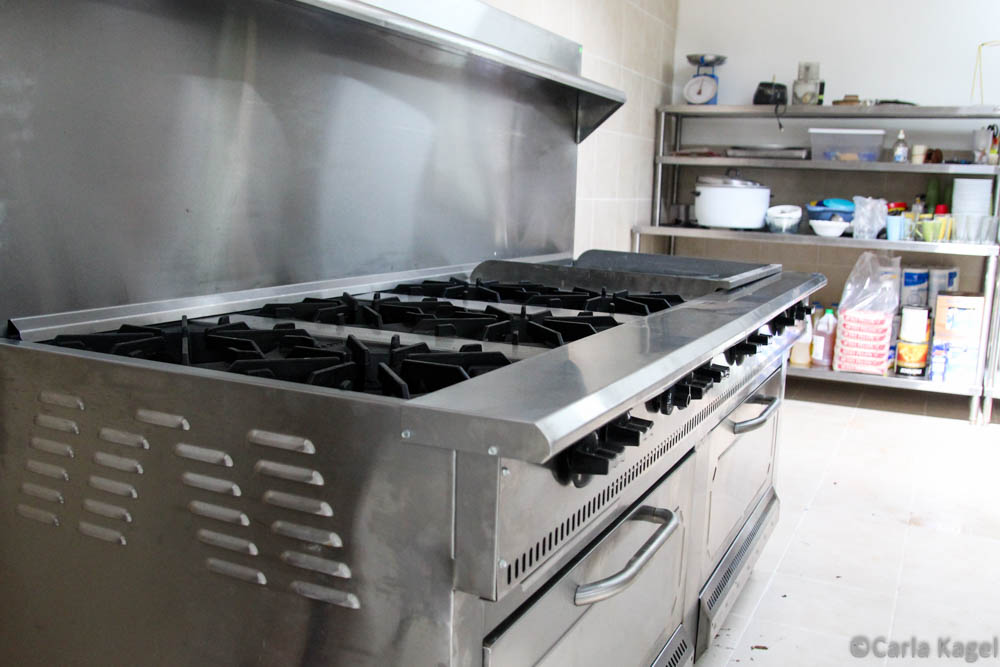 Kitchen upgrades have included: new kitchen appliances- including a lowboy fridge, new grill, stove and oven as well as an industrial sink and clean, stainless steal shelving and prep space.
Kitchen upgrades have included: new kitchen appliances- including a lowboy fridge, new grill, stove and oven as well as an industrial sink and clean, stainless steal shelving and prep space.
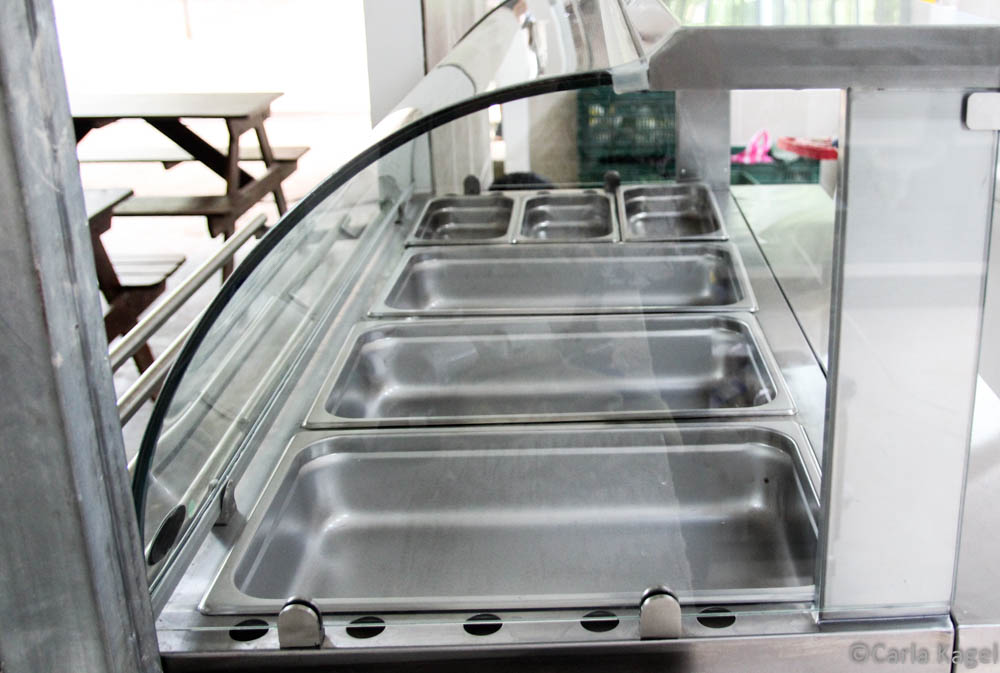
One of the most exciting new additions to our kitchen is our service area, which has lowered the food service space to eye level for most students and has double boilers installed within the appliance in order to keep food heated at all times. The protective sanitary shield also helps keep food clean, yet visible, to those receiving their meals.
Again, we are excited for these important changes which have improved the safety of our kitchen for employees and changes which now allow us to provide a more professional and industrial setting for the preparation of nutritious and delicious meals for students and staff at Futuro Verde each and every day!
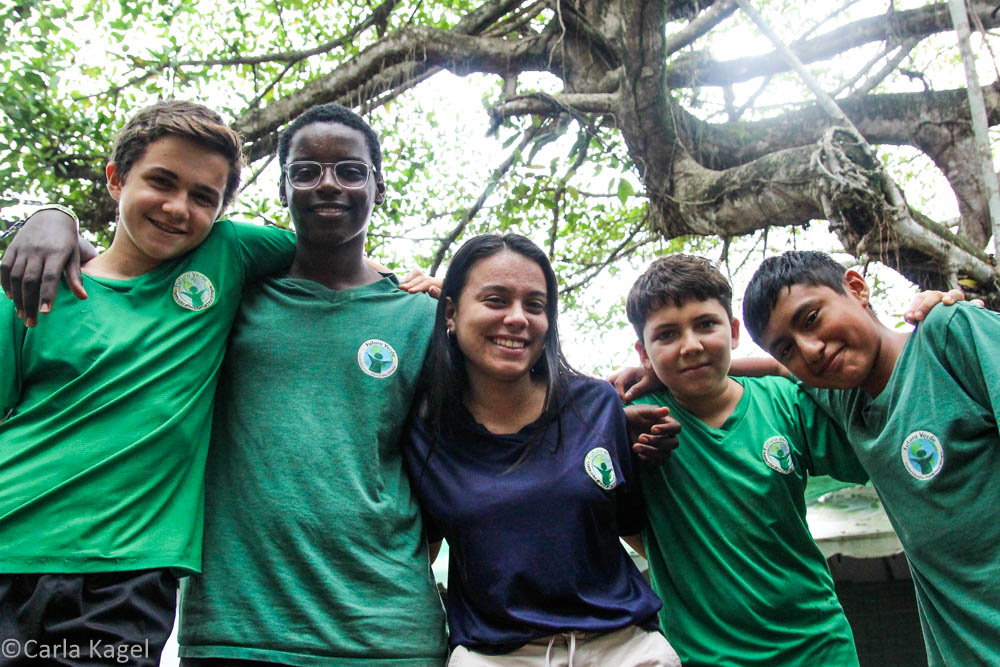
by Noelia | Aug 6, 2019

In the past newsletter, Katie Chiaverini highlighted the benefits of summer camps in a detailed article. If you haven ́t read it yet, you can still see it here – it is also worth reading again. This month, several of our students share their personal experiences with summer camps in the past vacation period.
Fiona Jimenez
I went to Oxford Royale Academy for two weeks this year. It took place in Oxford, England. It was one of the most amazing experiences of my life. I took two morning courses on medical biology and genetics and an afternoon course on acting and performance skills. It was very well balanced. We had a lot of freedom, so we could really explore Oxford and have a better understanding of what university life is. I made friends from all over the world. In a group of just 8 of us, we represented 13 countries. It was extremely diverse. I met people from countries I didn’t even know existed. I learned so much about biology and about different people’s cultures. It was truly incredible.
Abayneh Millar
The gist of my summer camp was a bunch of kids doing crazy tricks on skateboards, scooters, roller blades, skis, roller skis, snowboard, and roller board, and having fun while doing them. The biggest take-away from the experience was learning how to do a 180 off a jump on skis. I would definitely recommend this camp to somebody who would like to learn tricks on skateboards, scooters, roller blades, snowboards, or skis. I would recommend it because WoodWard is a positive and supportive environment that doesn’t push you unless you want it to. If you go to WoodWard wanting to learn something they will try their hardest to teach you how. Everyone that I met there where nice people.
Santiago Ramírez
I went to a camp called IDTech and it was AWESOME! The camp happened at Lewis and Clark College in Portland, Oregon in the US. In the camp we made and coded our own computers. The name of the computer is Pi-top. On the computer we got to code games on Python. Some of the games were Hangman, Black Jack, the creation of spiral drawings and games on Scratch. My instructor’s code name was Kiwi and she was the coolest! I made good friends, including one from Hawaii. I own the computer now that I put together and coded and I learned how to continue to add more code by myself. It is so much fun! Learning how to code was really, really cool! A lot of people think coding is hacking, but it isn’t. Coding is creating and designing your own programs within a computer. My camp also taught me about hardware of a computer (and now I own that computer!) and that was really special as well! I would recommend this camp because you don’t only code but there is also free time during breaks and during that free time you get to have fun with the coding you are learning. It means you get to socialize, code and have fun- which was the best part of it all!
Wilson Millar
My camp is called Westwind, there’s a lot of fun things you can do like: gu gu ball, elimination (it’s kinda like volleyball) and we go to the beach. The water at Westwind is really cold. I do really recommend this camp to other people because you get to learn new stuff and socialize with other kids. I love this camp. We also sing songs and I go to this camp with my cousins and brother. Love this camp so much.
Joaquín Ramirez
I went for a week to a basketball camp called Cascade Sports Camp in the state of Oregon in the United States. It is a great camp if you love basketball because you play for five days straight. I got four blisters and I twisted my ankle, but it was all worth it. Also the counselors are really good there and the coaches are well qualified for the sport. What I most enjoyed about the camp was the opportunity to learn more about basketball and to practice my skills. We did drills for shooting, dribbling and defense. I would say that my skills in shooting, dribbling and defense all got better throughout the week. I really recommend this camp but you have to be in good shape before you go. The food is great there and you get to go to a really cold river daily.
Dilana Campos
Traveling has always been one of my favorite things and music is one of my passions, so mixing both experiences was incredible. I have always been interested in getting to know new cultures and countries. My twelve days in the United States helped me to see that we are not limited to anything, you just have to work hard for what you want to achieve. I hope that was the first of many experiences to come during which I will have the opportunity to combine music and travels, two activities that provide great pleasure and a touch of adventure. Each piece, each concert, the new people and the many hours of travel made all the effort of going worthwhile.
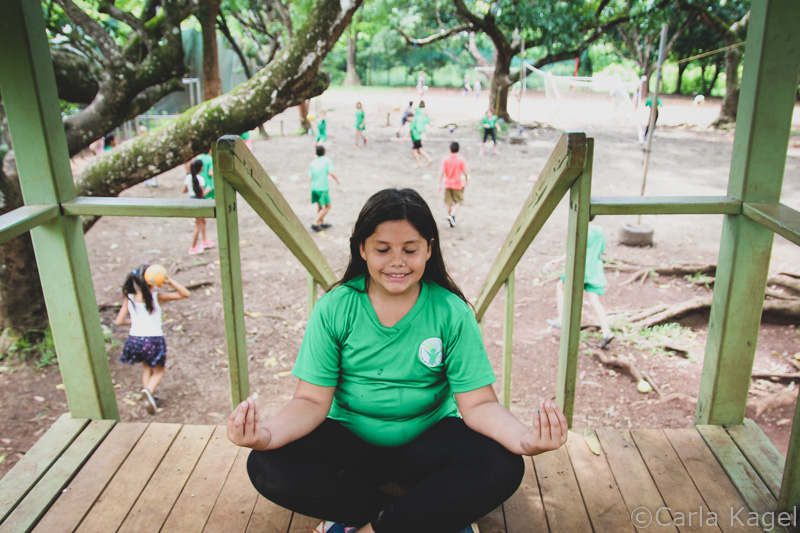
by Lural Ramirez | Jun 28, 2019

Over the course of this year I will be sharing with you reflections on our school’s core values. My article in May explored the second of five core school values, “Futuro Verde: Feeling safe and comfortable to be ourselves helps our learning to thrive”. Today, I will be sharing reflections on our third core school value.
Futuro Verde: Our cultural oxygen expands your curiosity
But, wait…what is cultural oxygen? As our former school counselor, David Brookshire, who coined the term, said: “Our school culture is so palpable, you breath it!” He isn’t the only person to proclaim that there is a feel to Futuro Verde. Futuro Verde is truly a unique community! There are aspects of the school you can point to that are great examples of our culture and then, much like the oxygen we breathe, we have aspects to our school culture that are much less palpable. But, when you enter the school gate you are bound to exit that same gate some day with an expanded personal curiosity!
Speaking with our 12th graders, all International Baccalaureate (IB) students, they identified the following palpable and non-palpable school culture components:
- Do the right thing! Not because you are afraid of getting into trouble but because you want be a person who does the right thing.
- Be open-minded and seek to understand your peers that are so different than yourself.
- Make connections all of the time: to your own life, to the place you live, to other places you have lived or traveled, to what you have read or to what you are learning in other classes at Futuro Verde!
- Find a passion and go for it- without fear! You will be supported and loved as you take risks. You are not likely to be criticized when you try new things (and aren’t perfect yet) here at Futuro Verde!
- Make sure you are always thinking because you will always be asked what you think- about an environmental issue, about a subject you are studying, about something happening in the world, or even about what you want to learn and how you want to learn it!
- Come in peace! We don’t welcome conflict, anger or hate. But come with your own criteria, your arguments and be ready to share them so that others can hear them.
- We welcome you! You, person X with X characteristics and X beliefs! You belong here too!
This unique culture is a breeding ground for an expanding curiosity! Once you let your guard down, and find the differences you notice interesting and intriguing, you become innately curious. Quickly, as a student at Futuro Verde, you find it interesting to be open to learning about the world around you and the people within it. What is better than that? With curiosity at our center, we are guaranteed to be life-long learners! And with Futuro Verde deep in your heart and soul and lungs, you are guaranteed to be a good, open-minded, connected, passionate, peaceful thinker and human being. You keep your uniqueness and you enrich it with us!
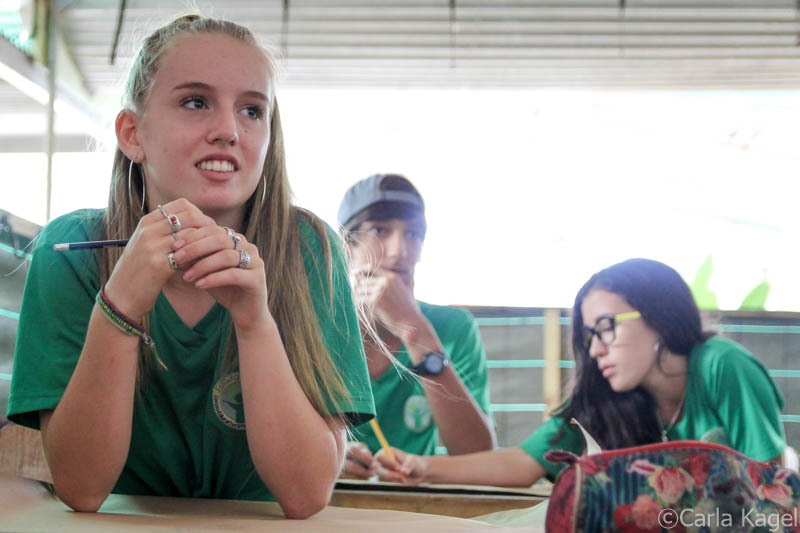
by Stuart Millar, IB coordinator | Jun 20, 2019

The world we live in is always changing. With globalization and constant innovation, the children of today will have opportunities and face challenges that we don’t even know about yet. The International Baccalaureate Organization reviews each curriculum it offers “… on a seven-year teaching cycle to ensure that each is fit for purpose in a changing world and incorporates the latest educational research and lessons learned from a thorough evaluation of the existing curriculum.” (Latest Curriculum Updates, IBO.org)
Futuro Verde students currently in 10th grade and below will embark on newly developed courses in: Spanish Literature, English Language & Literature, English B, Spanish B, and Math. These changes affect: what is studied, how it’s studied, and how students are assessed.
During recent years the IB diploma program has been changing to a more conceptual approach to the subjects that are taught. Starting in 2020, English Language & Literature will be focused on the concepts of: culture, identity, creativity, communication, perspective, transformation, and representation. Other changes include the use of learner portfolios which students will create as they investigate connections between texts on a global issue of their choice. The Spanish literature course will be formed around the same seven concepts, while also covering three “areas of exploration”: readers, writers, texts; time and space; and intertextuality. Changes in language acquisition include the addition of a listening comprehension assessment, and new themes to explore: identities, experiences, human ingenuity, social organization, and sharing the planet.
Math has also undergone a seven-year review, with the result being a number of new math courses for schools to select from. We are still reviewing the options to determine the best fit for our students, but the emphasis will now be more on critical thinking in a mathematical context. All new math programs will focus on developing skills of analysis, abstraction and generalization, risk awareness and statistical literacy, algorithmic thinking, modeling and inquiry.
Change can be difficult, but also rejuvenating. It is encouraging to see IB continually working to keep up with the pace of change in our world, in order to equip our students with the knowledge and skills that modern employers are looking for. During the remainder of this year all teachers will be familiarizing themselves with course changes, and updating their curriculum and methods of assessment to prepare students to be as successful as possible in the years to come.
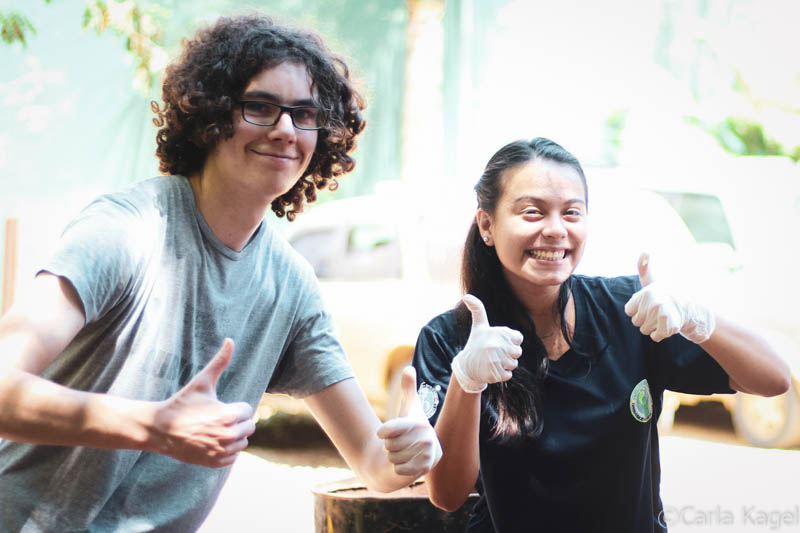
by Katie Chiaverini | Jun 16, 2019

Why send your child to camp? The benefits for your child will last much beyond the camp itself. The Model United Nations Institute highlights the many camp benefits which increase social skills and improve overall mental and physical health. A few of the most prominent include: learning from positive role models, the development of self-reliance and independence, and making new friends with people from different backgrounds. The Century Foundation also reports that “students’ exposure to other students who are different from themselves and the novel ideas and challenges that such exposure brings leads to improved cognitive skills, including critical thinking and problem solving.”
Another important aspect of academic summer camps is the preparation they provide for college and career life. MUN Institute reiterates that college admissions are growing more and more competitive and this then continues into the job search. Camps help students gain new skills that universities and employers are looking for, including communication abilities, critical thinking skills and motivation to focus on specific subject areas (Walsh, 2018). In our Futuro Verde College Counseling course, we specifically work on identifying hard (quantifiable) and soft (personal) skills, developing and strengthening them throughout the high school years.
Many of our very own Futuro Verde students have had the opportunity to attend camps or will be doing so in the future. Two of our students have recently returned from a music camp in Southern United States. When asked about the highlights of their experience…the first thing both students mentioned was the opportunity to meet new people from different cultures. They also both recognized the challenge of staying with a home-stay family but how it was a positive experience that made them grow as individuals. For one student, she found it a bit of a struggle to speak English the entire time, but was appreciative of having to go out of her comfort zone to communicate with her host family and other camp members. She also loved the Master’s class as she improved her technical skills in music. Traveling all on their own and the preparation for travel was a new experience and help them plan ahead and be responsible for many small details, whether it is from deciding which clothes to bring to finding city attractions to visit.
Two students who regularly attend a wilderness camp in the Northwest of the United States commented that their favorite memories include kitchen food raids with their counselor late at night, learning how to play ga-ga ball, and meeting new people who they hang out with for an entire week thus getting to know them better. They remember the skills and new games they learn and even find themselves singing camp songs upon their return home.
Several other students have had the opportunity to attend a local camp in San Jose which was service oriented. One student excitedly remarked about her favorite memory which was volunteering at a local non-profit organization because it was a fun experience and she enjoyed getting to help others. Another student who went to the same camp appreciated learning leadership skills, working as a team, and the fun activities they got to do with diverse groups of people.
All of the students who participated in camps reflected on the fact that going off to camp on their own brings about a lot of nervousness and excitement but that it is an exhilarating feeling traveling on their own and increases their independence. A father of children who attend camp regularly agrees with the independence piece – he believes it is an important life skill, working through homesickness at a young age, dealing with the ups and downs of camp life and being resilient enough to enjoy the overall experience. In short, camp can be an enlightening experience for both students and parents, teaching life skills that can endure a lifetime.
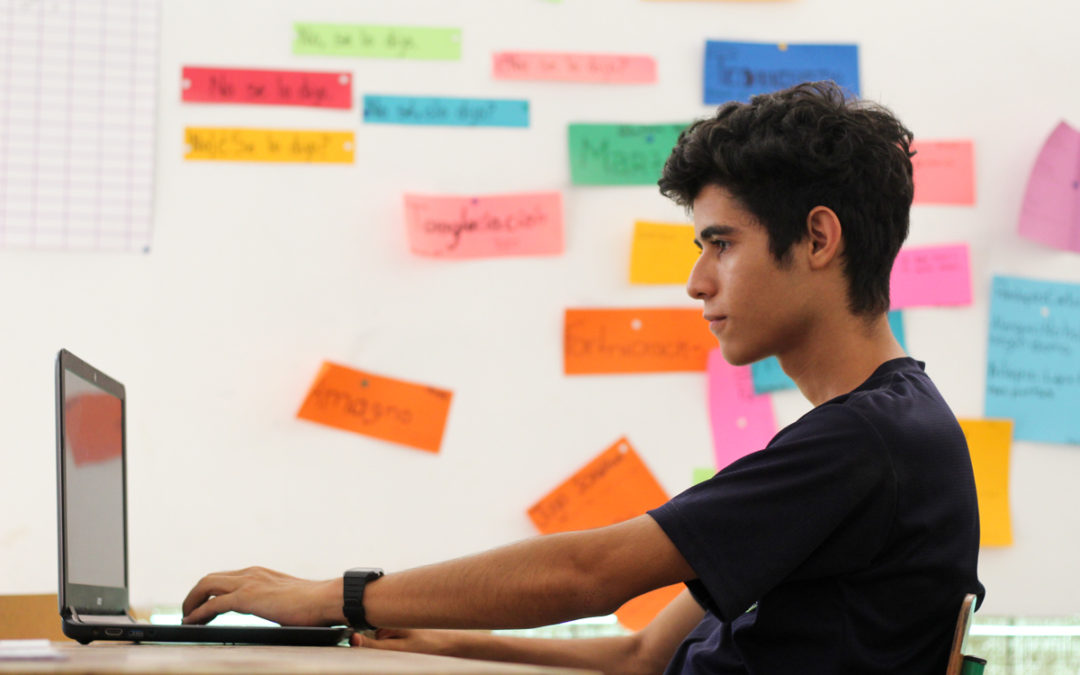
by Stuart Millar, IB coordinator | May 31, 2019
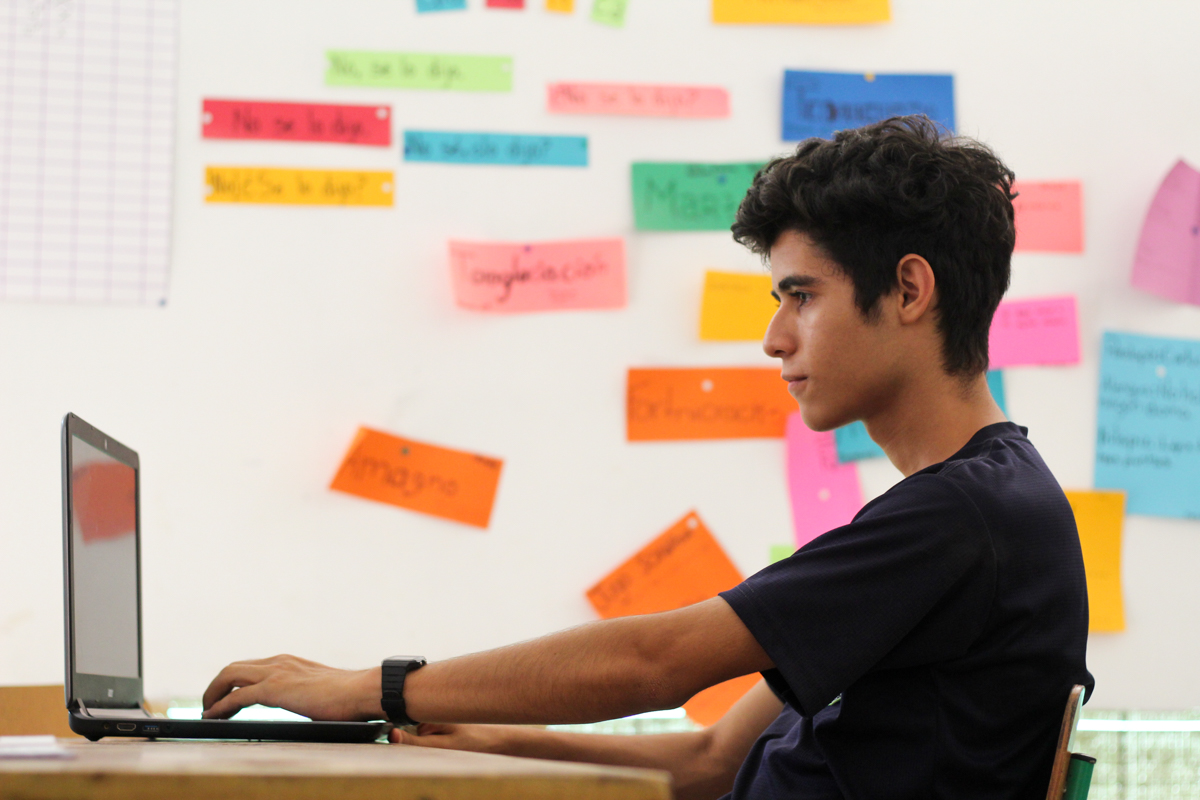
(By Stuart Millar and Karol Madrigal)
November 2019 is a month that the 11th and 12th graders are focused on, with exams on the horizon. Our first IB students will take their final exams over a three week period, while 11th grade students will take their final MEP exams in social studies and civics during the first week of November.
However, some might not be aware that a large percentage of a student’s final grade will already have been decided by then. In social studies and civics, 40% of the final grade comes from the classwork, homework and projects that the students have completed since the beginning of 10th grade. Essays, research projects, oral language assessments, visual art exhibitions, and recorded musical performances mean that our IB students will have completed more than half of their assessments by the time the exams come.
What does all this mean if you are a student in 10th, 11th or 12th grade? First, it means everything counts! So, work hard on every piece of classwork, homework, and every project so you can walk into the exam knowing that you have a solid base. If you’re not the most confident in exam taking techniques, then you can feel better about the fact that the exams are not all or nothing. However, in that case it is especially important that you take the exams with some good points already under your belt. For those who excel in exam situations, don’t rely on that to help you achieve a high final grade if you haven’t invested the necessary time and attention in all the other assessments.
It might be a cliché, but the two years leading up to MEP or IB exams are marathons, not sprints. It is vitally important that students give their best effort every day and chip away at all the work they have to do in the years leading up to the final exams. Teachers and parents should remember that every class and every piece of work plays a role in whether a student is as successful as they can be, or not. This is why life skills like organization, time management, attendance, and punctuality are important for all of us.




 Kitchen upgrades have included: new kitchen appliances- including a lowboy fridge, new grill, stove and oven as well as an industrial sink and clean, stainless steal shelving and prep space.
Kitchen upgrades have included: new kitchen appliances- including a lowboy fridge, new grill, stove and oven as well as an industrial sink and clean, stainless steal shelving and prep space.






